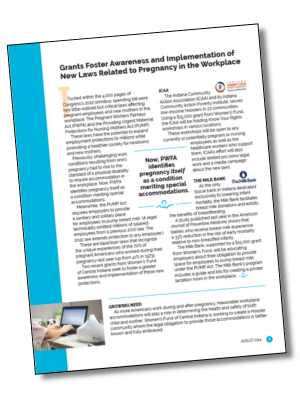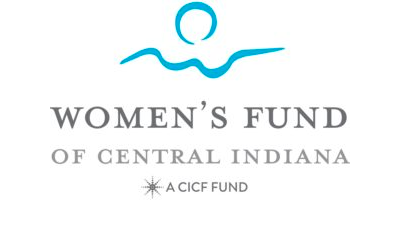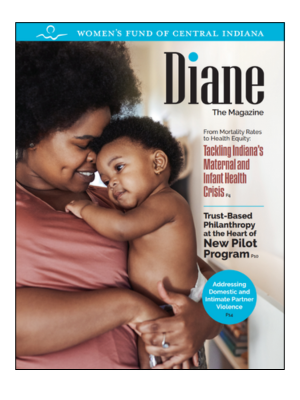
Tucked within the 4,000 pages of Congress’s 2022 omnibus spending bill were two little-noticed but critical laws affecting pregnant employees and new mothers in the workplace: The Pregnant Workers Fairness Act (PWFA) and the Providing Urgent Maternal Protections for Nursing Mothers Act (PUMP).
These laws have the potential to expand employment protections to millions while promoting a healthier society for newborns and new mothers.
Previously, challenging work conditions resulting from one’s pregnancy had to rise to the standard of a physical disability to require accommodation in the workplace. Now, PWFA identifies pregnancy itself as a condition meriting special accommodations.
Meanwhile, the PUMP Act requires employers to provide a sanitary and solitary place for employees to pump breast milk. (A legal technicality omitted millions of salaried employees from a previous 2010 law. The 2022 law extends protection to any employee.)
These are bipartisan laws that recognize the unique experiences of the 70% of pregnant Americans who worked during their pregnancy last year (up from 41% in 1973).
Two recent grants from Women’s Fund of Central Indiana seek to foster a greater awareness and implementation of these new protections.
ICAA
The Indiana Community Action Association (ICAA) and its Indiana Community Action Poverty Institute, serves low-income Hoosiers in 22 communities. Using a $15,000 grant from Women’s Fund, the ICAA will be holding Know Your Rights workshops in various locations.
These workshops will be open to any currently or potentially pregnant or nursing employees as well as the healthcare workers who support them. ICAA’s effort will also include limited pro bono legal work and a media campaign about the new laws.
THE MILK BANK
As the only tissue bank in Indiana dedicated exclusively to lowering infant mortality, the Milk Bank facilitates breast milk donations and extolls
the benefits of breastfeeding.
A study published last year in the American Journal of Preventive Medicine shows that babies who receive breast milk experience a 33% reduction in the risk of early mortality relative to non-breastfed infants.
The Milk Bank, supported by a $15,000 grant from Women’s Fund, will be educating employers about their obligation to provide space for employees to pump breast milk under the PUMP Act. The Milk Bank’s program includes a guide and kits for creating a private lactation room in the workplace.
This article was published within the August 2024 issue of the Women’s Fund’s Diane magazine.

